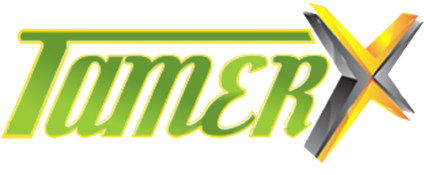A turbo assembly is crucial for boosting engine power and efficiency by forcing more air into the combustion chamber. When the turbo assembly starts to fail, it can lead to various performance issues that, if left unchecked, can cause serious engine damage. Recognizing the signs of a failing turbo early can help you avoid costly repairs and maintain optimal engine performance.
-
Loss of Power
-
A failing turbo will cause noticeable power loss, especially during acceleration. If your vehicle feels sluggish or struggles to gain speed, it could be due to insufficient boost pressure from the turbo.
-
-
Excessive Exhaust Smoke
-
If you notice thick, dark smoke coming from the exhaust, it could indicate a failing turbo. This often occurs when oil leaks into the exhaust system and burns off.
-
-
Whining or Whistling Noise
-
A high-pitched whining or whistling noise during acceleration is a common symptom of a failing turbo assembly. This sound is typically caused by worn bearings or damaged blades inside the turbo.
-
-
Increased Fuel Consumption
-
A malfunctioning turbo may cause the engine to burn more fuel than usual as it tries to compensate for the lack of power. You may notice a significant drop in fuel efficiency.
-
-
Check Engine Light
-
A failing turbo can trigger the Check Engine Light due to irregularities in boost pressure or airflow. Using a diagnostic tool to scan for error codes can confirm turbo issues.
-
-
Oil Leaks
-
Leaks around the turbo assembly, especially oil leaks, are a sign that the seals or gaskets in the turbo are failing. This can lead to further damage if not addressed quickly.
-
Identifying the signs of a failing turbo assembly—such as loss of power, excessive exhaust smoke, unusual noises, increased fuel consumption, and oil leaks—can help you address the issue before it worsens. Regular maintenance and early intervention are key to preventing more serious engine damage and ensuring your turbocharged engine continues to perform efficiently. If you experience any of these symptoms, it’s important to have your turbo inspected and repaired by a professional mechanic.




